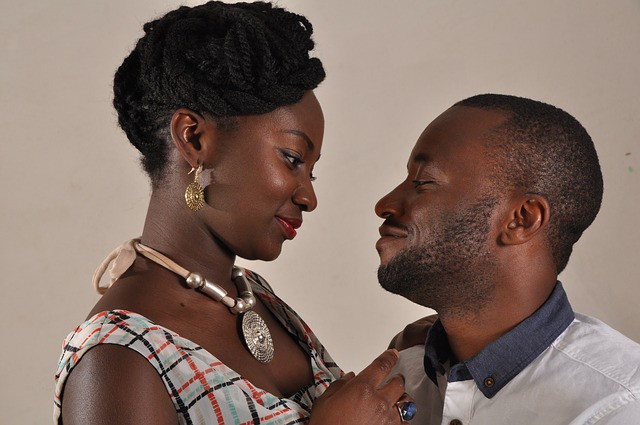- Calls to this hotline are currently being directed to Within Health, Fay or Eating Disorder Solutions
- Representatives are standing by 24/7 to help answer your questions
- All calls are confidential and HIPAA compliant
- There is no obligation or cost to call
- Eating Disorder Hope does not receive any commissions or fees dependent upon which provider you select
- Additional treatment providers are located on our directory or samhsa.gov
My Husband Has Binge-Eating Disorder: How Do I Help Him?

The moment the diagnosis comes in and you learn your husband has Binge Eating Disorder (BED), your world probably begins to feel like it is crashing down all around you. How do you begin to support him?
Here you are, faced with a challenge you never expected, and it is incredibly scary. When faced with a loved one in crisis, we often feel helpless in not knowing what they need but desperately wanting to give it to them.
Below are some tips for fostering a supportive and strong relationship through the challenges of BED.
Love Them Hard
This is priority number one, but it will not look the same for everyone. Don’t ask yourself how other’s show love but how you and your husband give and receive love.
You are encouraged to explore Gary Chapman’s book and theory on the “5 Love Language,” which posits that each individual expresses and experiences love in their own unique way [1].
Chapman outlines 5 “main” love languages [1]:
- Words of affirmation
- Acts of service
- Gift-giving
- Quality time
- Physical touch
The love language you speak and understand might not be the same as that of your husband. Explore with one another what your love language is, as this can give you an indication of how to best support your husband through this challenge.
If he prefers words of affirmation, lay them on thick. Maybe he understands acts of service best, so it will comfort him for you to help with household chores.
The best solution, whether through the 5 love languages or not, is just to ask your husband how you can best be there for them.
Stay on the Same Team
No relationship is perfect, especially if your husband has Binge Eating Disorder. Research shows that women with BED report “lower levels of marital satisfaction and higher levels of negative interactions” within their marriage [2].

Sadly, the stigma related to men with eating disorders means there is very little comparable research done with males.
However, it isn’t a stretch to assume that similar marital discord occurs when the roles are reversed.
Mental health diagnoses undoubtedly cause friction within relationships, but this does not mean they are an insurmountable foe for you and your husband. As your husband battles this disorder, remember that there will be challenging times for you both, but, ultimately, you are on the same team.
For better or worse.
Take Care of Yourself
You cannot pour from an empty cup, meaning, you have to take care of yourself before you can take care of others. One of the best ways to support your husband is to make an effort also to get the support you need.
There are many websites, support groups, books, and articles available for spouses and loved ones of individuals with BED. Additionally, therapy is not only for those experiencing the disorder and can benefit anyone overcoming a challenge.
Seek these out not only to inform yourself but to surround yourself with the emotional support community you need in this journey.
Resources:
[1] Chapman, G. (1992). The Five Love Language. Northfield Publishing. [2] Whisman, M. A. et al. (2012). Marital functioning and binge eating disorder in married women. International Journal of Eating Disorders, 45: 385-389.About the Author:

Margot Rittenhouse, MS, PLPC, NCC is a therapist who is passionate about providing mental health support to all in need and has worked with clients with substance abuse issues, eating disorders, domestic violence victims, and offenders, and severely mentally ill youth.
As a freelance writer for Eating Disorder Hope and Addiction Hope and a mentor with MentorConnect, Margot is a passionate eating disorder advocate, committed to de-stigmatizing these illnesses while showing support for those struggling through mentoring, writing, and volunteering. Margot has a Master’s of Science in Clinical Mental Health Counseling from Johns Hopkins University.
The opinions and views of our guest contributors are shared to provide a broad perspective on eating disorders. These are not necessarily the views of Eating Disorder Hope, but an effort to offer a discussion of various issues by different concerned individuals.
We at Eating Disorder Hope understand that eating disorders result from a combination of environmental and genetic factors. If you or a loved one are suffering from an eating disorder, please know that there is hope for you, and seek immediate professional help.
Published May 30, 2019, on EatingDisorderHope.com
Reviewed & Approved on May 30, 2019, by Jacquelyn Ekern MS, LPC

The EatingDisorderHope.com editorial team comprises experienced writers, editors, and medical reviewers specializing in eating disorders, treatment, and mental and behavioral health.

